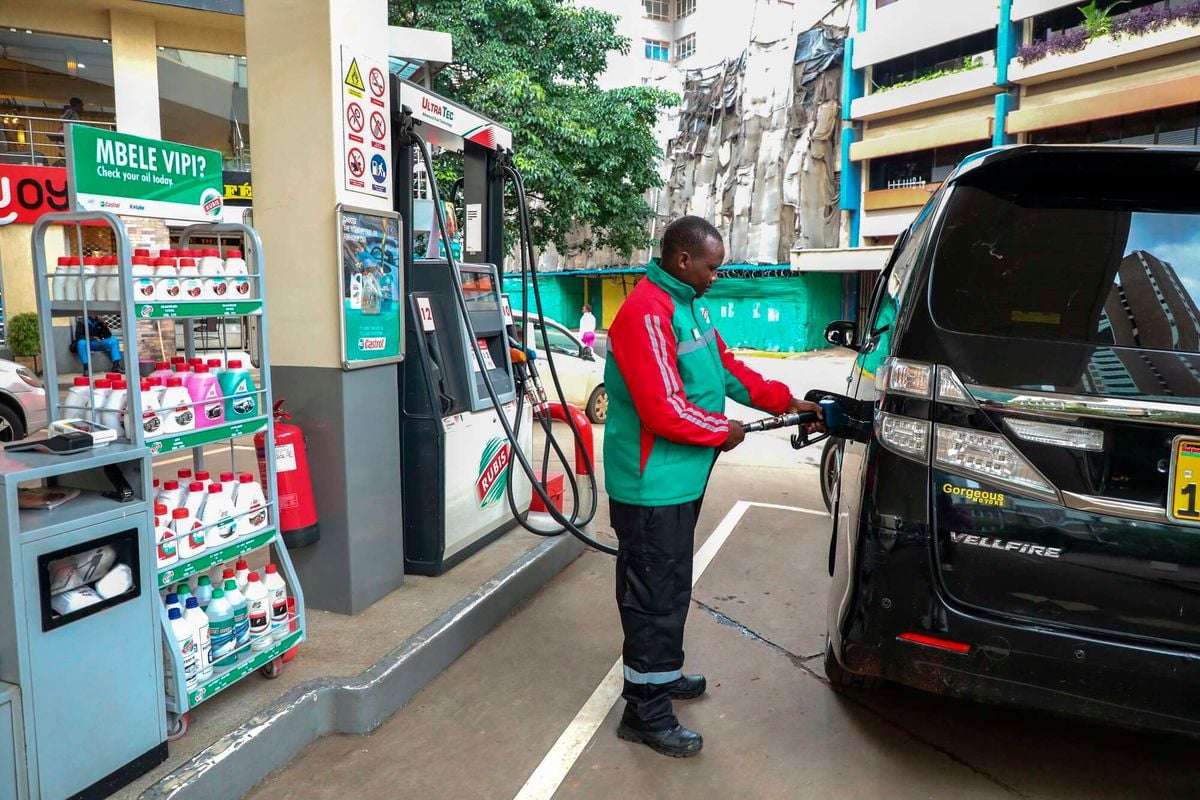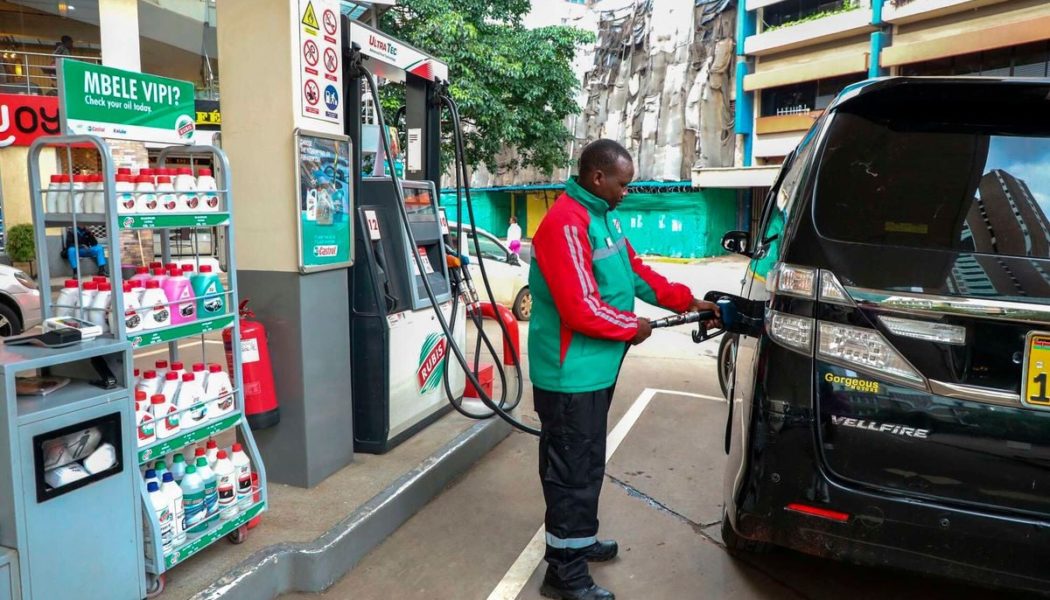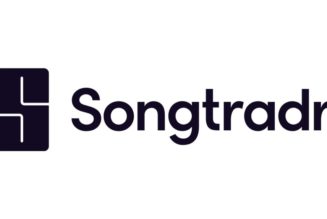
French oil major Rubis has overtaken TotalEnergies Marketing to become the second biggest oil marketer in Kenya based on market share.
New official data from the Energy and Petroleum Regulatory Authority (Epra) shows that the market share of Rubis rose to 15.56 percent or 850.194 billion litres as of June this year from 14.05 percent six months earlier.
TotalEnergies, which is also French-owned, slipped to the third place with a share of 15.06 percent (822.8 billion litres). TotalEnergies’ market share is, however, higher compared to the 14.88 percent held in December last year.
Vivo Energy, the retailer of the Shell branded petroleum products, cemented its dominance as its share stagnated at 22.24 percent or 1.22 trillion litres, from 22.07 percent as of December last year.
Rubis was the only one of the three oil majors to post revenue growth in the six months ended June, explaining the factors behind its increased market share.
“The HH1 [Herfindahl–Hirschman Index] for the downstream petroleum stood at 0.1079, a slight increase from the previous financial year’s 0.1037 signifying increased dominance of the top three players controlling approximately 52 percent of the market,” Epra says in the latest review capturing the six months that ended June this year.
The Herfindahl–Hirschman Index measures the market concentration of an industry, that is, the size of firms in relation to the industry in which they operate.
This is the first time in recent years that TotalEnergies has been dethroned as the second biggest oil marketer in Kenya amid increased competition from Rubis.
The three oil majors now control 52 percent of the local petroleum market, up from a combined share of 50.5 percent in December last year.
Rubis posted an eight percent growth in revenues to €488 million (Sh67.38 billion) in the six months that ended June from €448 million (Sh68.4 billion) a year ago, while Vivo Energy’s revenues dipped two percent to $769 million (Sh99.19 billion) from $785 million (Sh101.22 billion) in the same period.
Fuel consumption
Consumption of petrol dipped 2.9 percent in the six months to June this year compared to the same period last year, while diesel consumption fell 2.5 percent in the same period.
Ola Energy and Oryx Energies were the firms that lost the most market share, even as a number of their local rivals increased their stake.
Ola’s share fell to 5.93 percent as of June, a drop from the 7.06 percent held in December last year, while that of Oryx dropped to 2.33 percent from 3.25 percent in the same period.
Be Energy, which is linked to the family of veteran politician Raila Odinga, grew its share to 4.43 percent from 4.15 percent, while Galana’s stake rose marginally to 2.71 percent from 2.65 percent.
Rubis has in recent years stepped up its competition with TotalEnergies in the battle for the local petroleum market.
This fight has taken the form of the rapid opening of service stations in major cities and highways, mainly within touching distance of rivals.
Rubis’ market share is set to further deepen given that the oil major is set to roll out it partnership with the cash-strapped National Oil Corporation of Kenya (Nock).
This move will see Rubis reach more consumers locally through Nock’s more than 100 fuel stations countrywide.









